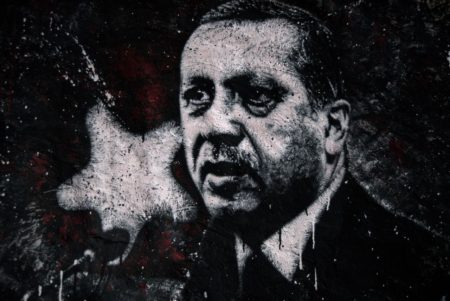
This article was originally published by the Institute for the Study of War (ISW) on 30 June 2016.
ISIS is refocusing its strategy in Turkey towards destabilizing the Turkish state and isolating it from the West. ISIS has two main lines of effort in Turkey. The first is to incite an ethnic war between the Kurds and the Turkish state in order to weaken its opponents in northern Syria and regain freedom of action in southern Turkey. The second is to undermine the Turkish state and punish it for being part of the anti-ISIS coalition through attacks against western targets in Turkey. ISIS has more actively pursued this second line of effort by targeting Westerners in Istanbul beginning in early 2016 while continuing its campaign along the Syrian border. The triple suicide bombing at the Istanbul Ataturk Airport on June 28, 2016 supports ISIS’s stated strategic objectives of seizing Constantinople and undermining the Turkish state by harming the vital tourism industry, targeting infrastructure that connects Turkey to the West, and raising requirements for domestic security services. ISIS has not claimed any spectacular attacks against the state in Turkey in order to avoid a major domestic crackdown that would threaten its freedom of action as well as its cross-border mobility into Syria. Moreover, ISIS already accomplishes its objectives in Turkey through spectacular attacks without risking a claim.
ISIS’s evolved strategy in Turkey mirrors a corresponding shift in the policies pursued by Turkey towards the group. Turkey joined the international anti-ISIS coalition in September 2014 but initially avoided overt confrontation with ISIS. Turkey instead tolerated ISIS as a vector to apply indirect pressure on Syrian President Bashar al-Assad and hasten the overthrow of his regime by opposition groups supported by Turkey. ISIS also provided Turkey with a means to contain the Syrian Kurdish YPG, which Turkey views as an existential threat due its affiliation with secessionist agenda of the outlawed Kurdistan Workers’ Party (PKK). Turkey’s reluctance to restrict cross-border flow of foreign fighters and supplies provided ISIS with an incentive to avoid conducting terrorist attacks inside the country and jeopardizing its freedom of movement through Turkey to Syria. Turkey altered its calculus after the U.S.-led anti-ISIS coalition deepened its cooperation with the Syrian Kurds throughout early 2015, enabling the YPG to secure major gains along the Syrian-Turkish Border. The prospect of further motion towards a contiguous autonomous zone in Northern Syria controlled by the Syrian Kurds prompted Turkey to deepen its own engagement with the coalition. The coalition also acted to encourage this decision through the use of alternating incentives and disincentives meant to influence decision-making in Ankara. The U.S. in particular modulated its provision of aircraft, missile defense systems, rocket artillery, and other high-end capabilities in order to generate a policy convergence on Syria.
